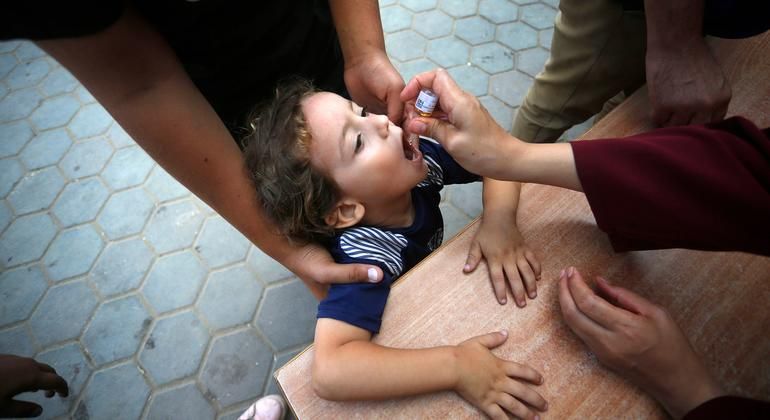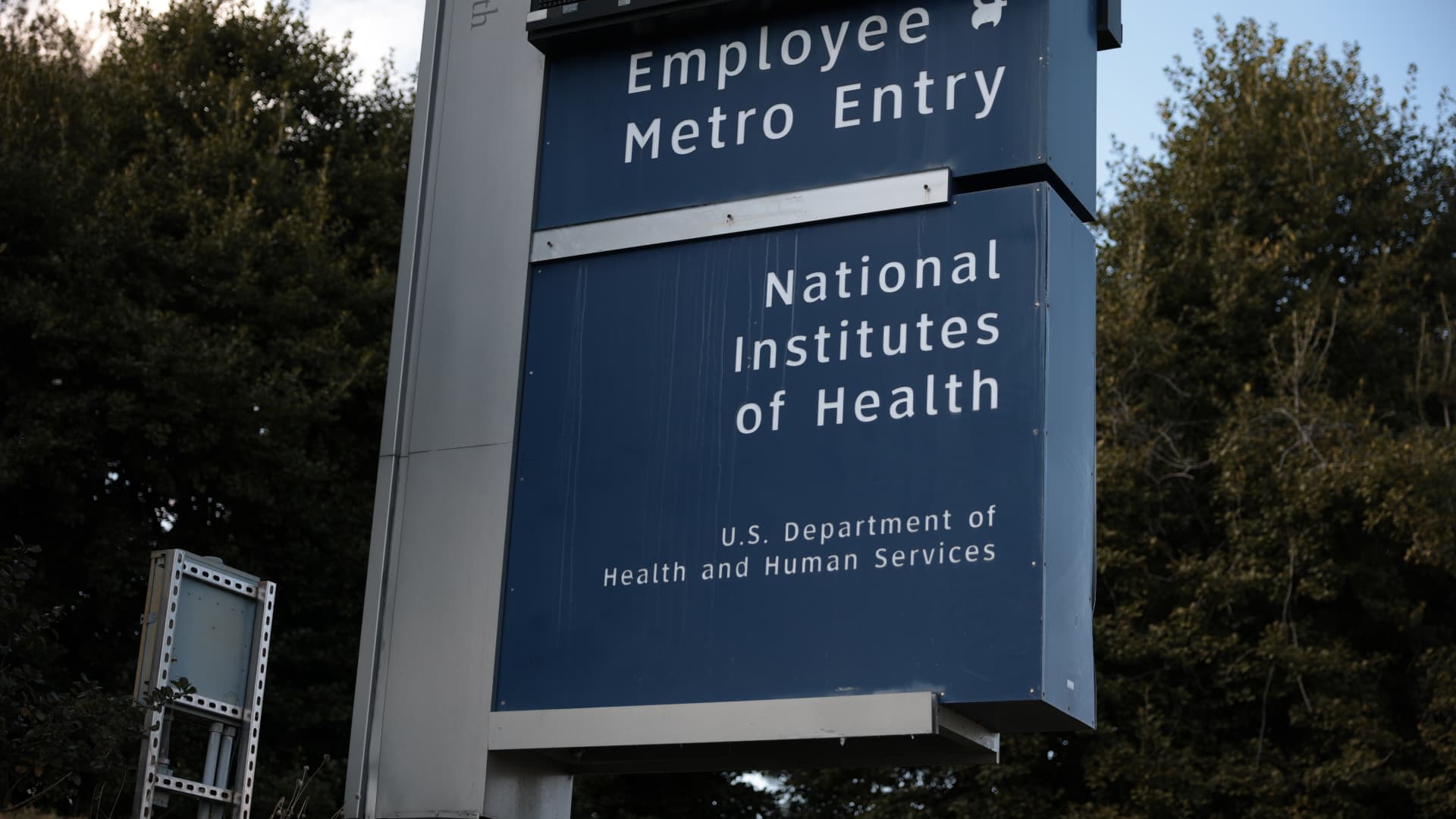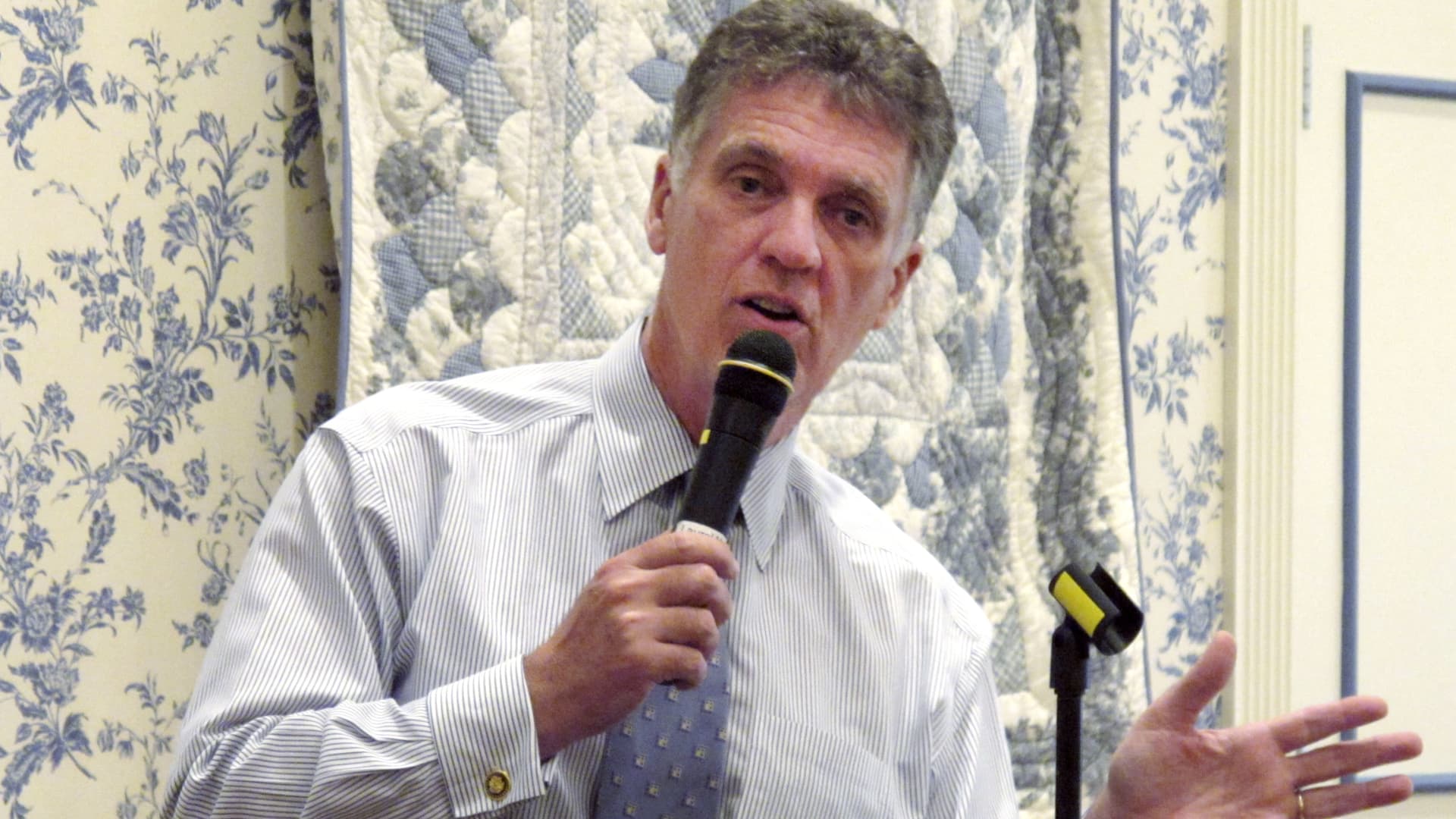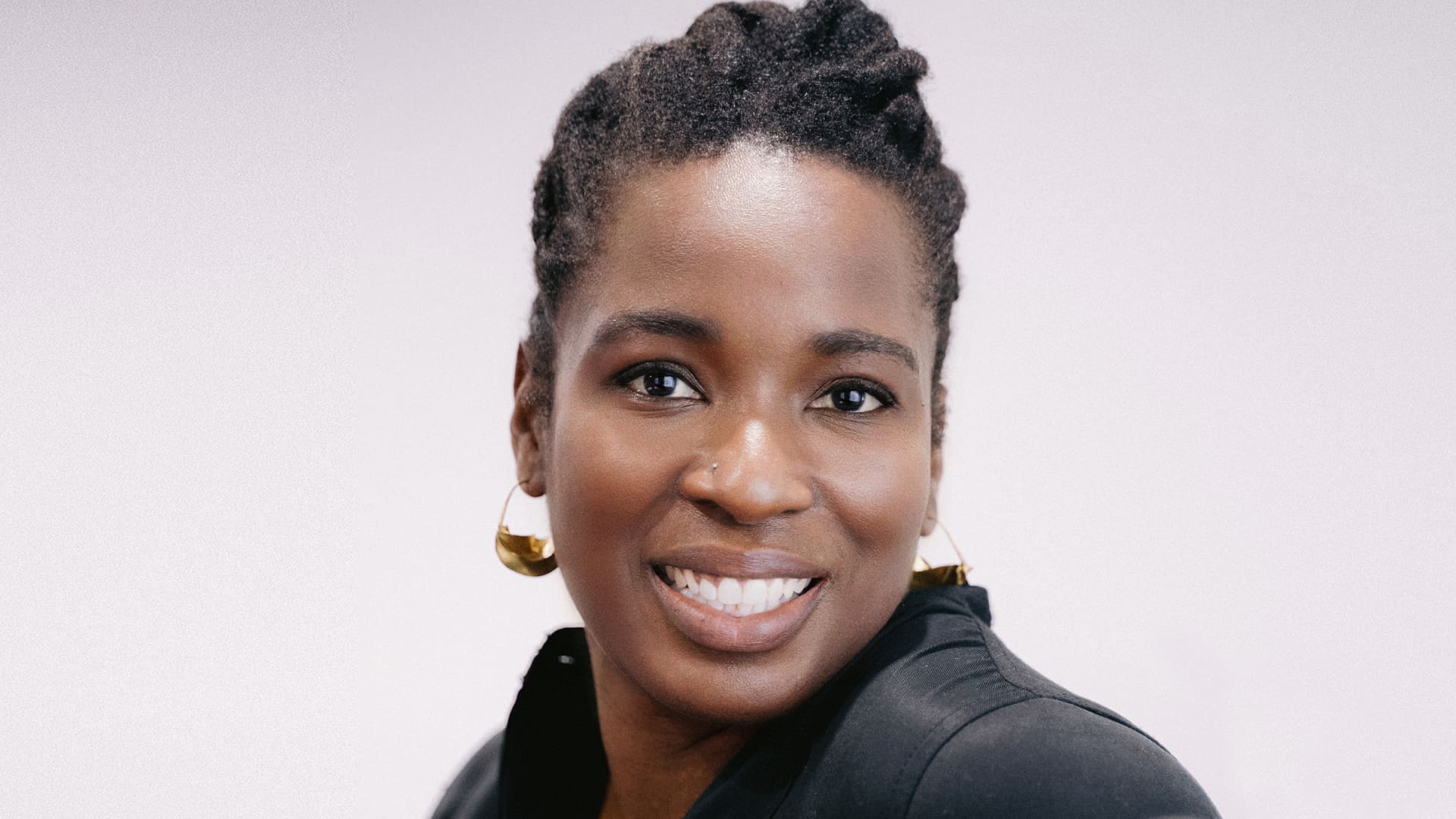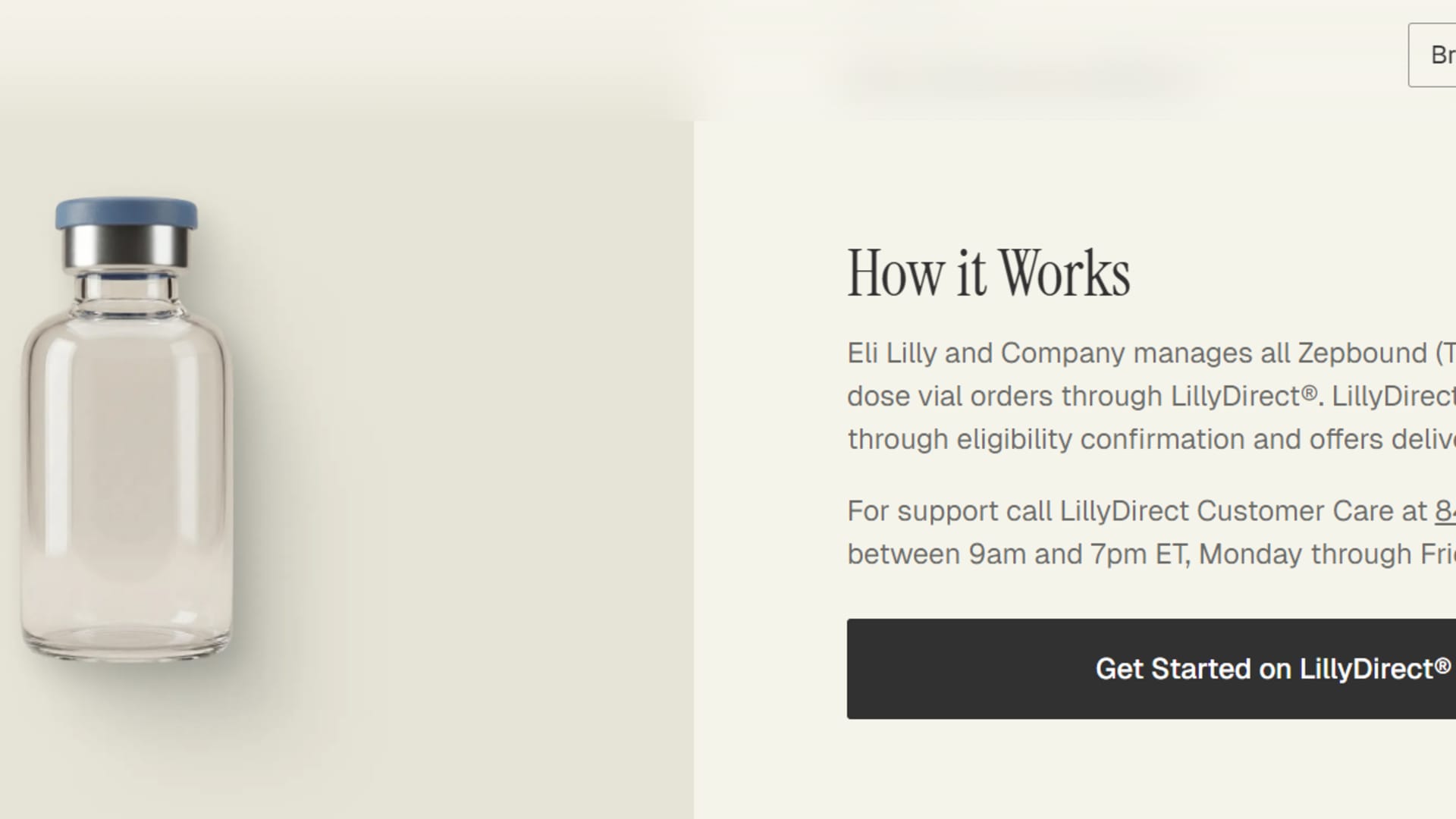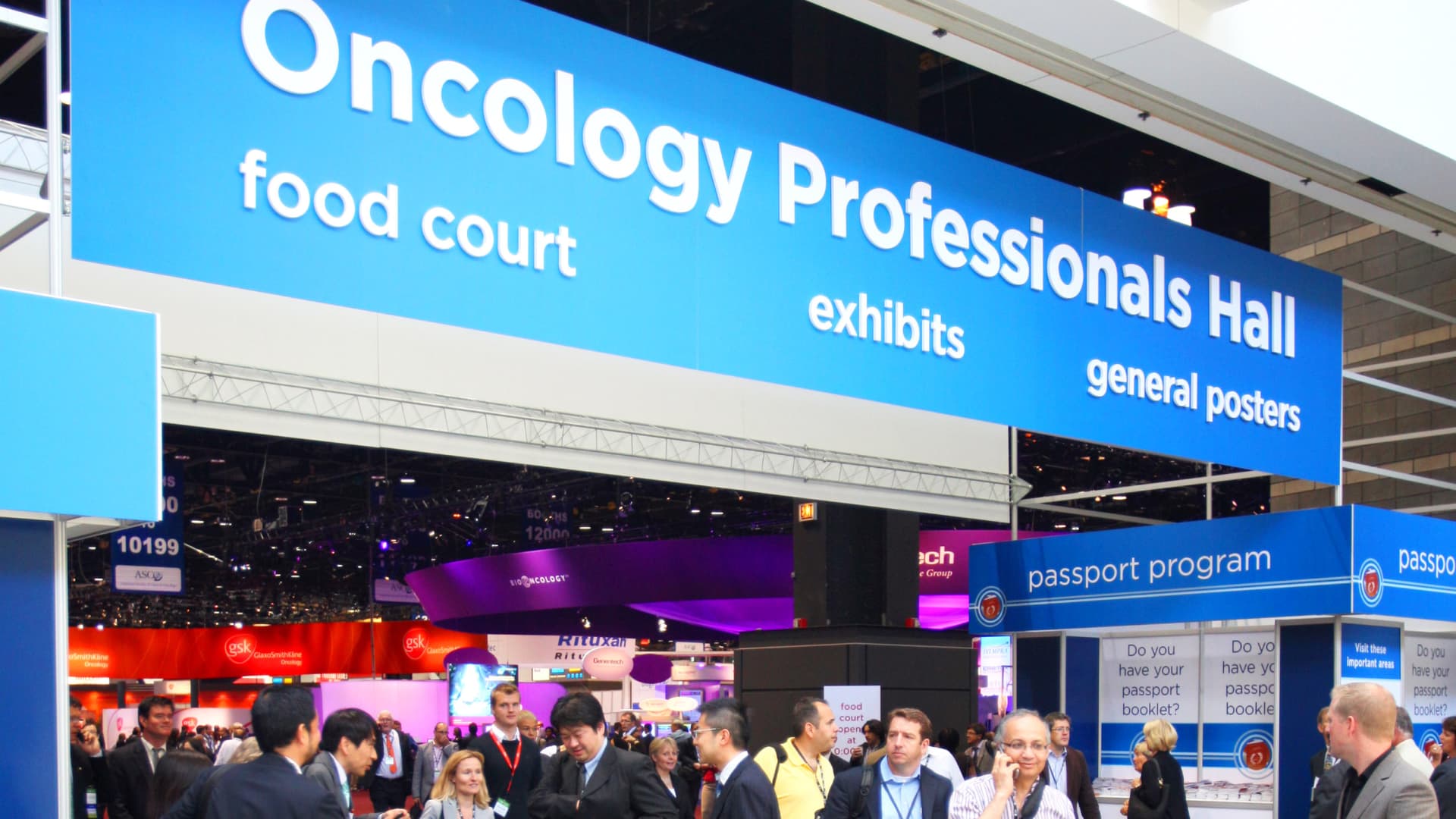Hours after the campaign began, reports indicated that a health center in the north had been attacked, injuring six people, including four children, in a place where a humanitarian pause had been established, according to the head of the World Organization of Health (WHO). .
“We have received an extremely worrying report that the Sheikh Radwan primary health care center in northern Gaza was attacked today while parents were taking their children to the life-saving polio vaccination center in an area where agreed to a humanitarian pause to allow vaccination to continue,” Tedros Adhanom Ghebreyesus said in a social media post.
He said a WHO team was on the scene just before.
“This attack, during a humanitarian pause, endangers the sanctity of children's health protection and may deter parents from taking their children for vaccinations,” he said. “These vital pauses in specific humanitarian areas must be absolutely respected.”
The campaign develops despite the challenges
“To overcome the challenges posed by the volatile security situation and constant population movement, robust micro-plans have been developed to ensure that the campaign responds to the significant population changes and displacement in the north after the first round in September,” UN health agencies said. , WHO, and for children, UNICEF, said in a statement.
UN organizations and partners began phase one in September and have had more than 200 teams on alert since October 23 to develop the final round of the campaign, which had been delayed by constant Israeli airstrikes, clashes in the terrain and the lack of guarantees of the necessary humanitarian assistance. pauses to stop fighting during the delivery of vaccines.
Polio had been eradicated in the Gaza Strip 25 years ago, but the ongoing war triggered multiple health crises, and earlier this year a 10-month-old boy was diagnosed with the crippling virus, prompting officials from health to organize a campaign in the war-torn area. Territory occupied by Israel.
Restrictions persist
The campaign will be carried out by 216 teams at 106 fixed sites, 22 of which have been added to ensure greater vaccination availability in areas where recently displaced people are seeking refuge, according to UN agencies. 209 social “mobilizers” will also be deployed to engage communities and raise awareness about vaccination efforts, they explained.
However, the agencies warned that health care workers will not be able to reach all children who require a final dose of the vaccine.
“The final phase of the campaign aimed to reach approximately 119,000 children under the age of 10 in northern Gaza with a second dose of the new oral polio vaccine type 2 (nOPV2); however, this goal is now unlikely to be achieved due to access limitations. “the agencies warned.
Despite the lack of access to all eligible children in northern Gaza, the Polio Technical Committee for Gaza, which includes the Palestinian Ministry of Health, WHO, UNICEF, the United Nations refugee agency Palestine, UNRWA and its partners decided to resume the campaign.
The plan aims to mitigate the risk of a long delay in reaching as many children as possible with polio vaccines and the opportunity to vaccinate those recently evacuated to Gaza City from other parts of the northern Strip.
Extended humanitarian pause
The humanitarian pause period has been extended by two hours and is expected to extend from 6am to 4pm daily, WHO and UNICEF said. As in the first two phases, vitamin A will also be co-administered to children between the ages of two and 10 in the north to help boost overall immunity.
The campaign in northern Gaza follows the successful implementation of the first two phases of the second round in central and southern Gaza, which reached 451,216 children (96 percent of the target in these areas).
A total of 364,306 children between the ages of 2 and 10 have received vitamin A so far in this round.
Regional impact
To interrupt poliovirus transmission, at least 90 percent of all children in every community and neighborhood must be vaccinated, which will be a challenge to achieve given the situation, the agencies said.
A delay in administering a second dose of nOPV2 within six weeks reduces the impact of two widely spaced rounds, decreasing immunity, according to the UN health agency.
The WHO has also warned that the failure of a significant number of children to receive their second vaccine dose seriously jeopardizes efforts to stop transmission of the virus and could also lead to more cases in the Gaza Strip and neighboring countries.
Watch the latest news from the UN video on the second phase of the polio vaccination campaign in Gaza:

